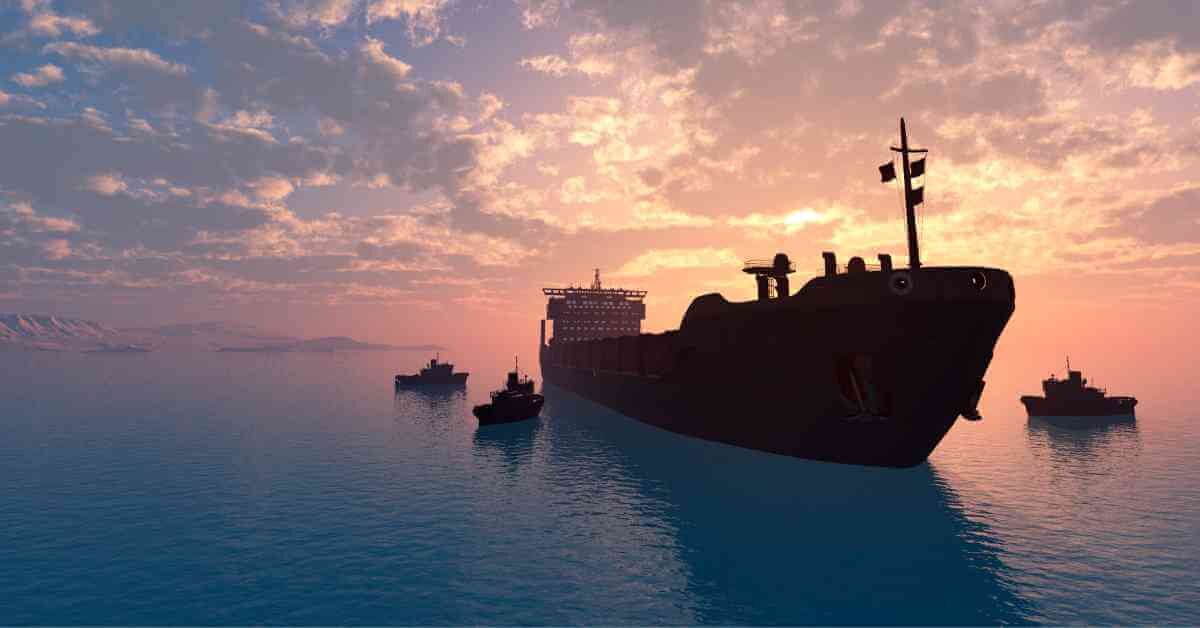The latest issue ofMaritime Executiveincludes an unusual advertisement promoting a non-existent communications and marketing agency, GreenCurrent Group.The Guardianreports that, although the full-page ad copy purports to promote liquefied natural gas (LNG) as “the most exciting and misunderstood marine fuel,” in reality it provides a link to a humorous video featuring a costumed character namedScrubby Greenwash, in an attempt to raise awareness of the fuel’s troubling environmental track record. The spoof ad was placed by the Yes Men, an American-based collective of activist pranksters.
A QR code on the page links to avideothat depicts executives from the LNG-powered cruise lineRoyal Caribbean— whichhas promoted LNGas the “cleanest burning fossil fuel” — working to protect their reputation and profits amid increasing awareness of the climate crisis. To do so, they do not phase out LNG, which is almost entirely liquefied methane, often obtained by the controversial practice of “fracking.” Instead, they hire a bright green sponge mascot named Scrubby Greenwash. “Scrub, scrub, scrub sad facts away,” a jingle in the video goes.
The Trouble with Fuel Alternatives
Assessing different fuels that can be used instead of, or in tandem with, the diesel that traditionally powers large ships can be problematic. A challenge with many “green” fuels is that the energy costs, waste products and emissions at point of production, or during distribution, can outweigh the corresponding benefits at the point of use.
“LNG isn’t just the same climate-destroying energy source in a different state of matter; it’s actually worse than ordinary (unliquefied) gas,” says a “Liquefied Natural Gas 101” explainer on the Natural Resources Defense Council website.“The energy required to chill, ship, and regasify the fossil fuel makes it far more carbon-intensive and increases the potential for leakage of dangerous methane.”
There are no easy answers in the search for fuels that will help achieve the International Maritime Organization’s net zero greenhouse gas emissions target for the industry by mid-century. For example, biofuels have recently come under the spotlight as an alternative to diesel fuel in shipping. When deforestation and land use are taken into account, palm and soy are two to three times worse for the climate than traditional fuels, according to a statement released February 17, 2025, by theEuropean Federation for Transport and Environment,a non-governmental organization known as T&E, which is backed by major shipping lines including Hapag-Lloyd AG.
Especially when it comes to dangerous by-products, the impact of producing “alternative” fuels is often shifted away from affluent areas, such as large cities, and into rural areas. For example, switching to electric vehicles in urban areas may reduce particulates and other noxious emissions locally, but the electricity to power them is still largely produced in coal-burning power plants far away.
But the shipping industry presents an unusual scenario, in that the emissions and pollutants are predominantly emitted at sea, and are therefore almost entirely a planet-wide problem. The industry is very carbon intensive, estimated to be responsible for roughly 3% of global greenhouse gas emissions — the same as flying.
The Guardiansays this latest spoof comes as part of a wave of parody advertisements meant to call attention to the fossil fuel industry’s contributions to the climate crisis. Other notable examples have been produced by the Oscar-winning director Adam McKay’sYellow Dot Studios, the anti-gas non-profitGas Leaks Project, and the non-profit media organizationFossil Free Media.






